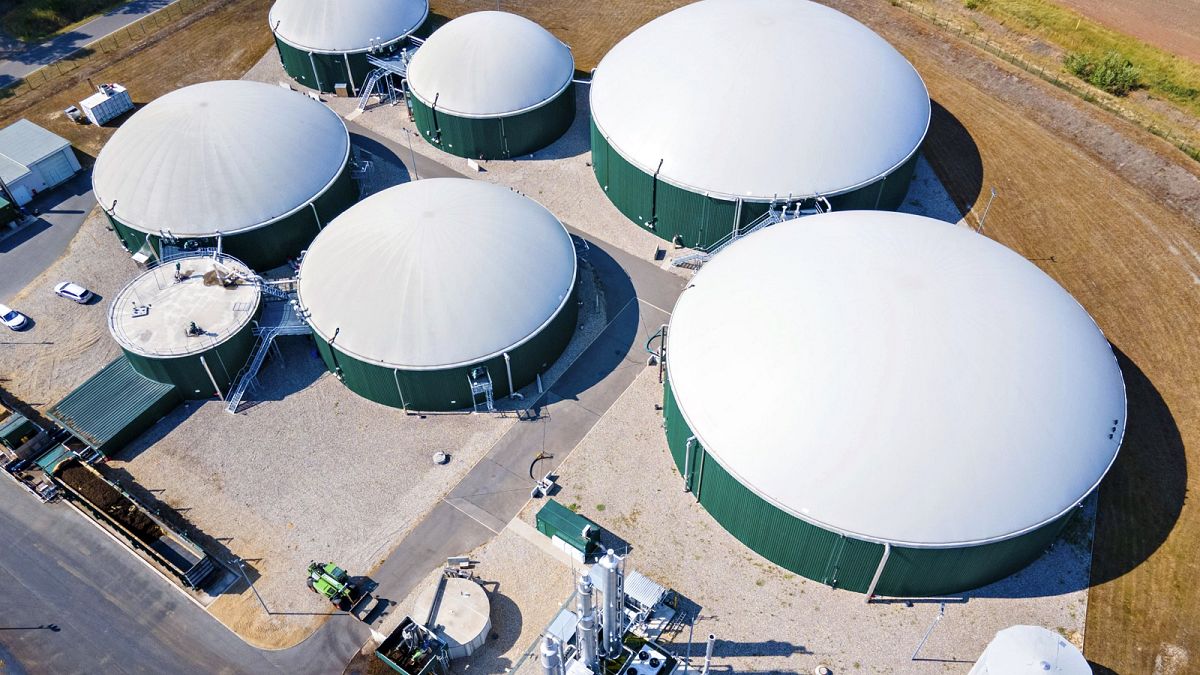Gas storage has emerged as a national security priority to prepare countries for a total suspension of Russian supplies.
The clock is ticking for the EU's gas storage.
Countries are rushing to fill their underground facilities ahead of the winter season in a bid to prevent widespread industrial paralysis and more energy poverty.
The need to store gas has become a national security priority in the wake of Russia's war in Ukraine, with the possibility of a complete suspension of Russian flows looming over the EU.
The indefinite shutdown of the Nord Stream 1 pipeline has only raised fears of an imminent worst-case scenario, driving prices further up.
Governments are now going on a shopping spree to stock as much gas as possible, both through pipelines and liquefied imports. Under a new EU regulation, all member states are compelled to fill their gas storage capacity by 80% by 1 November, a mark already reached on average but not individually.
These extra supplies of gas being pumped underground play an essential role during winter when consumers turn on their heating. Storage can help cushion the impact of this strong demand and mitigate potential supply disruptions and price shocks.
Watch the video above to learn more about the EU's gas storage.
